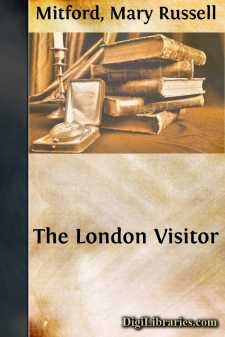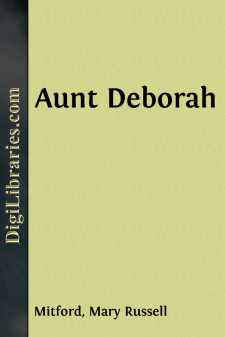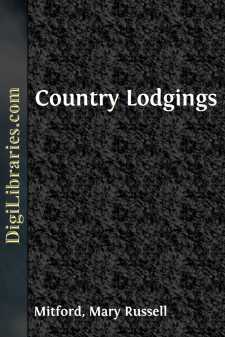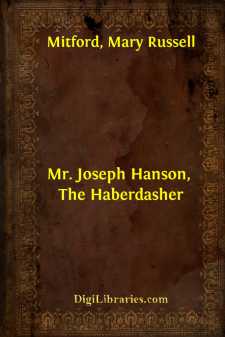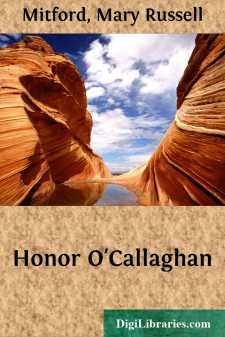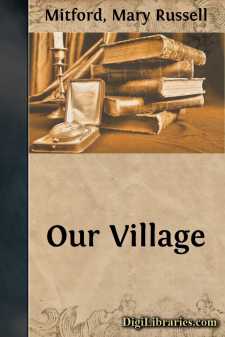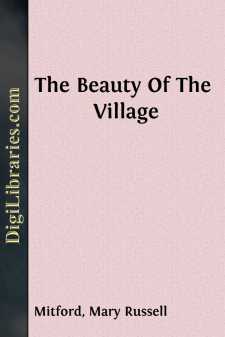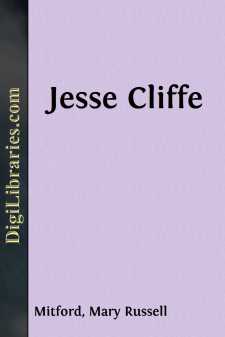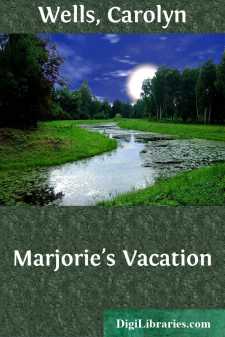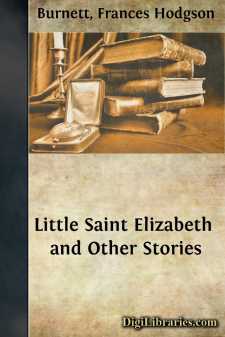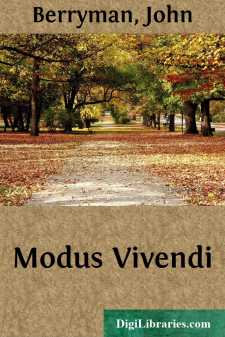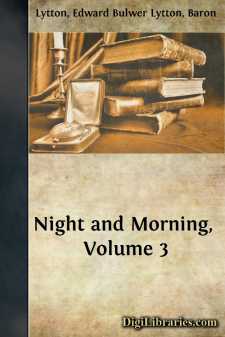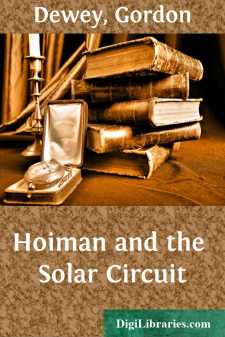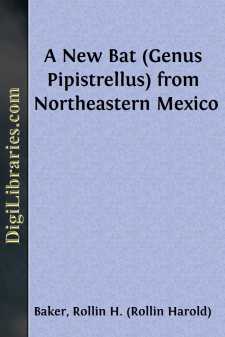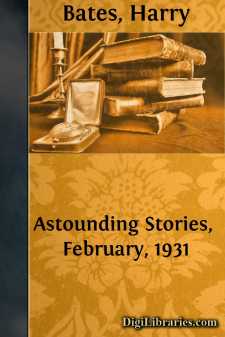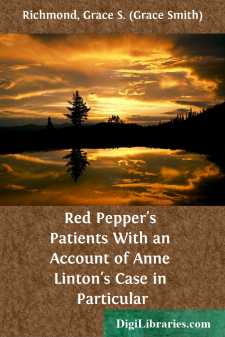Categories
- Antiques & Collectibles 13
- Architecture 36
- Art 48
- Bibles 22
- Biography & Autobiography 813
- Body, Mind & Spirit 138
- Business & Economics 28
- Children's Books 12
- Children's Fiction 9
- Computers 4
- Cooking 94
- Crafts & Hobbies 4
- Drama 346
- Education 46
- Family & Relationships 57
- Fiction 11821
- Games 19
- Gardening 17
- Health & Fitness 34
- History 1377
- House & Home 1
- Humor 147
- Juvenile Fiction 1873
- Juvenile Nonfiction 202
- Language Arts & Disciplines 88
- Law 16
- Literary Collections 686
- Literary Criticism 179
- Mathematics 13
- Medical 41
- Music 40
- Nature 179
- Non-Classifiable 1768
- Performing Arts 7
- Periodicals 1453
- Philosophy 64
- Photography 2
- Poetry 896
- Political Science 203
- Psychology 42
- Reference 154
- Religion 505
- Science 126
- Self-Help 81
- Social Science 81
- Sports & Recreation 34
- Study Aids 3
- Technology & Engineering 59
- Transportation 23
- Travel 463
- True Crime 29
The London Visitor
Categories:
Description:
Excerpt
Being in a state of utter mystification, (a very disagreeable state, by-the-bye,) I hold it advisable to lay my unhappy case, in strict confidence, in the lowest possible whisper, and quite in a corner, before my kind friend, patron, and protector, the public, through whose means—for now-a-days every body knows everything, and there is no riddle so dark but shall find an OEdipus to solve it—I may possibly be able to discover whether the bewilderment under which I have been labouring for the last three days be the result of natural causes, like the delusions recorded in Dr. Brewster's book, or whether there be in this little south of England county of ours, year 1836, a revival of the old science of Gramarye, the glamour art, which, according to that veracious minstrel, Sir Walter Scott, was exercised with such singular success in the sixteenth century by the Ladye of Branksome upon the good knight, William of Deloraine, and others his peers. In short, I want to know—— But the best way to make my readers understand my story, will be to begin at the beginning.
I am a wretched visitor. There is not a person in all Berkshire who has so often occasion to appeal to the indulgence of her acquaintance to pardon her sins of omission upon this score. I cannot tell how it happens; nobody likes society better when in it, or is more delighted to see her friends; but it is almost as easy to pull a tree of my age and size up by the roots, as it is to dislodge me in summer from my flowery garden, or in the winter from my sunny parlour, for the purpose of accepting a dinner invitation, or making a morning call. Perhaps the great accumulation of my debts in this way, the very despair of ever paying them all, may be one reason (as is often the case, I believe, in pecuniary obligations) why I so seldom pay any; then, whether I do much or not, I have generally plenty to do; then again, I so dearly love to do nothing; then, summer or winter, the weather is commonly too cold for an open carriage, and I am eminently a catch-cold person; so that between wind and rain, business and idleness, no lady in the county with so many places that she ought to go to, goes to so few: and yet it was from the extraordinary event of my happening to leave home three days following, that my present mystification took its rise. Thus the case stands.
Last Thursday morning, being the 23rd day of this present month of June, I received a note from my kind friend and neighbour, Mrs. Dunbar, requesting very earnestly that my father and myself would dine that evening at the Hall, apologising for the short notice, as arising out of the unexpected arrival of a guest from London, and the equally unexpected absence of the General, which threw her (she was pleased to say) upon our kindness to assist in entertaining her visitor. At seven o'clock, accordingly, we repaired to General Dunbar's, and found our hostess surrounded by her fine boys and girls, conversing with a gentleman, whom she immediately introduced to us as Mr. Thompson.
Mr. Thompson was a gentleman of about——
Pshaw! nothing is so unpolite as to go guessing how many years a man may have lived in this most excellent world, especially when it is perfectly clear, from his dress and demeanour, that the register of his birth is the last document relating to himself which he would care to see produced.
Mr. Thompson, then, was a gentleman of no particular age; not quite so young as he had been, but still in very tolerable preservation, being pretty exactly that which is understood by the phrase an old beau. He was of middle size and middle height, with a slight stoop in the shoulders; a skin of the true London complexion, between brown and yellow, and slightly wrinkled: eyes of no very distinct colour; a nose which, belonging to none of the recognised classes of that many-named feature, may fairly be called anonymous; and a mouth, whose habitual mechanical smile (a smile which, by the way, conveyed no impression either of gaiety or of sweetness) displayed a set of teeth which did great honour to his dentist....


